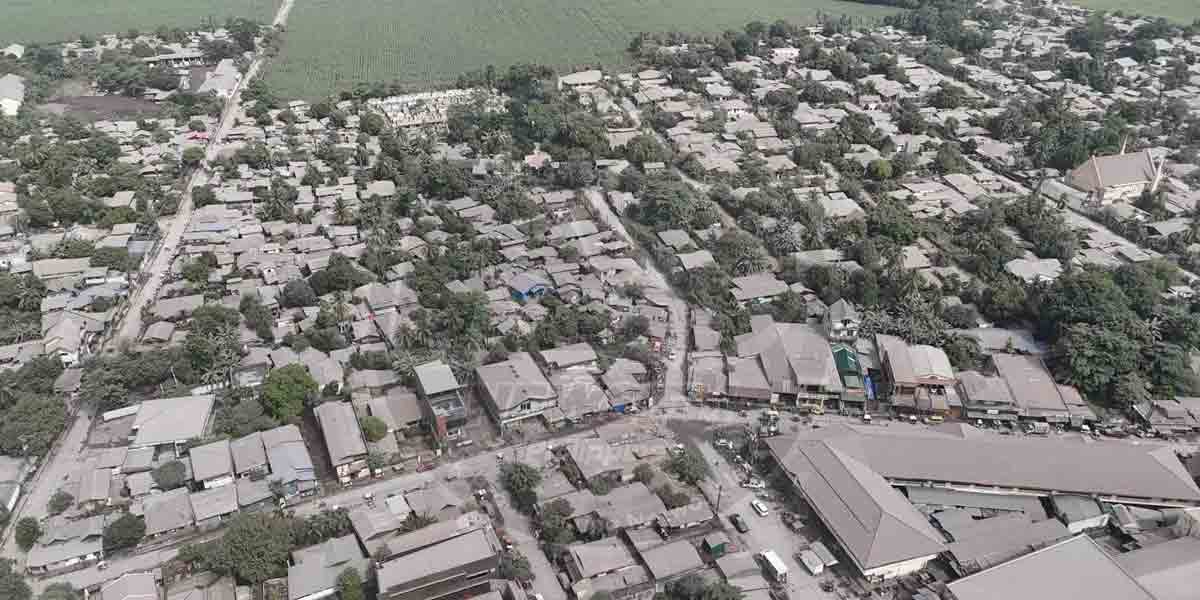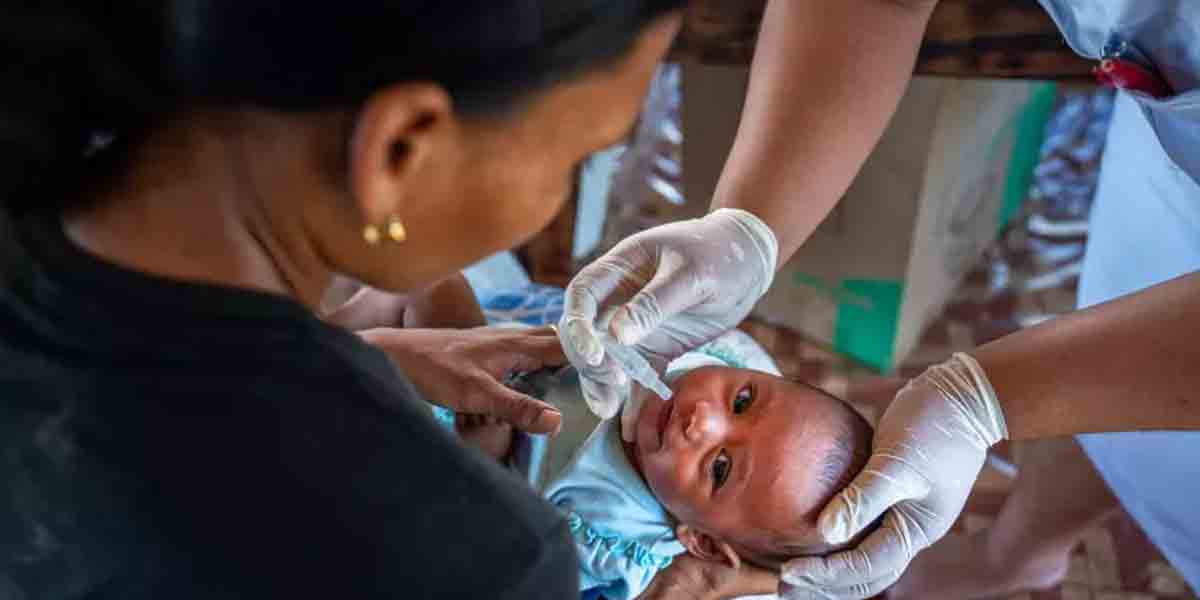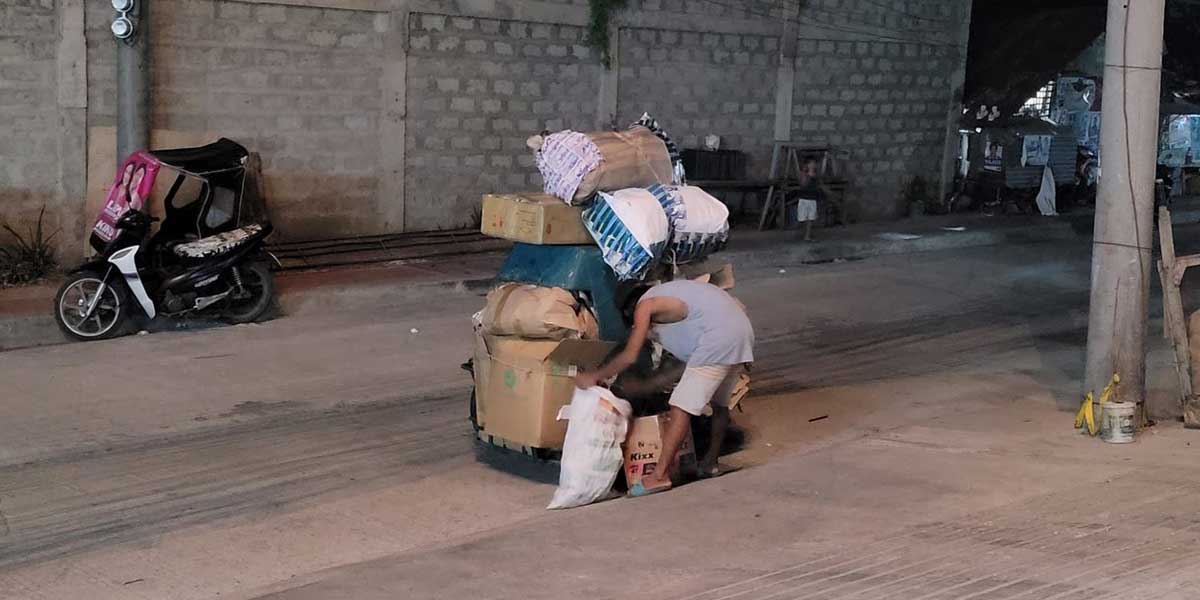The National Anti-Poverty Commission has called on corn farmers plagued by low prices to shift to adlai production as a means to overcoming poverty.
“The demand for adlai is growing and its price has been averaging between 35 to 55 pesos per kilo,” said Secretary Noel K. Felongco.
Felongco said NAPC’s interactions with the agriculture sector showed a growing potential for adlai as health food and as a cash crop.
Known as Job’s Tears, the adlai is also known as Asian barley and is a stable crop to indigenous peoples. As a health food, adlai is known to lower sugar crop and is strongly recommended as a staple food for those afflicted with diabetes.
NAPC said traditional crops like corn has dipped to 15 per kilo, resulting in losses to growers.
In its five-year Sambayanihan Serbisyong Sambayanan program, NAPC sought to fast-track the development of rural and urban agriculture as the most important preconditions in overcoming extreme poverty.
Felongco said NAPC’s convergence efforts sought to uplift about six million poor Filipinos by 2023.
Considered as a super-crop, the adlai as a plant features a long root system that the Bureau of Agricultural Research (BAR) likened to a bio-pump that can conserve water.
Because of this, the BAR said the plant is climate-smart and can survive long droughts.
It also does not require irrigation, fertilizer and is virtually immune to pests and diseases.
Felongco said in contrast, corn production has been known to earn less for farmers due to expensive farm inputs.
Felongco has earlier lauded the municipality of Asuncion in Davao del Norte for being the first LGU to endorse adlai production to farmers.
The town has also entered in an agreement with the Davao Region Agriculture Cooperative to plant adlai in a three-hectare area that will showcase the benefits of propagating the plant.
The DRACO has offered to buy the products of farmers at premium prices.
Jovito Cadigal estimates that the number of active adlai growers in Mindanao has breached the 1,000-mark.
He said there is no fear of over-production because of the growing number of people affected by diabetes. “The sky is the limit,” he said.






















